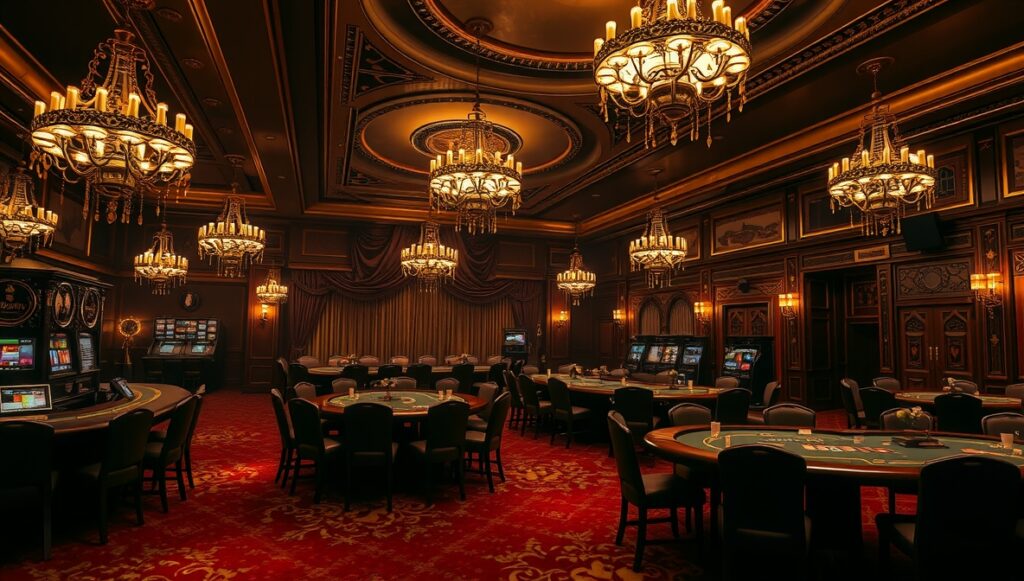
The phrase “the house always wins” is a cornerstone of gambling culture and reflects the fundamental principle behind every casino and gambling establishment. While individual players may occasionally win big, the system is designed so that, over time, the casino (the “house”) always comes out ahead. Let’s break down why this is true, how games are structured, and what it means for anyone who plays.
The Mathematical Advantage
Every casino game—whether it’s roulette, slots, blackjack, or dice—has rules and payout structures that give the house a built-in mathematical edge, known as the “house edge.” This means that the odds are always slightly in favor of the casino. For example, in roulette, the presence of the zero (or double zero) ensures that bets on red or black don’t have a true 50/50 chance, guaranteeing the house a small but consistent profit over time.
How the House Edge Works
- Negative Expected Value: For every bet placed, the average return to the player is less than the amount wagered. For example, slot machines might return 95% of money wagered in the long run, meaning the house keeps 5% of all bets.
- Law of Large Numbers: While players may win or lose in the short term, the more bets are placed, the closer the results get to the mathematical average. Over thousands or millions of bets, the house edge guarantees the casino’s profit.
- Game Design: Payouts are carefully calculated so that the risk to the casino is minimized. Even games that seem “fair” or random, like coin flips or dice, are structured to give the house a slight advantage.
Why Players Still Win Sometimes
Individual players can and do win—sometimes spectacularly. However, these wins are random and do not change the overall statistics. For every big winner, there are many more small and large losses that ensure the casino’s long-term profit. The excitement of occasional wins is part of what keeps players coming back, but it does not alter the underlying math.
Psychological Factors
Casinos use design, atmosphere, and reward systems to encourage continued play. The thrill of a win, the near-miss, and the hope of beating the odds all contribute to player behavior. However, the house edge remains constant, and over time, luck always averages out in favor of the casino.
Conclusion
“The house always wins” is not just a saying—it’s a mathematical reality. The rules, payouts, and structure of every casino game are designed to ensure the casino’s long-term profitability. While luck can favor individual players in the short term, the more you play, the more likely you are to lose. For players, understanding this principle is essential for responsible gambling and setting realistic expectations.





